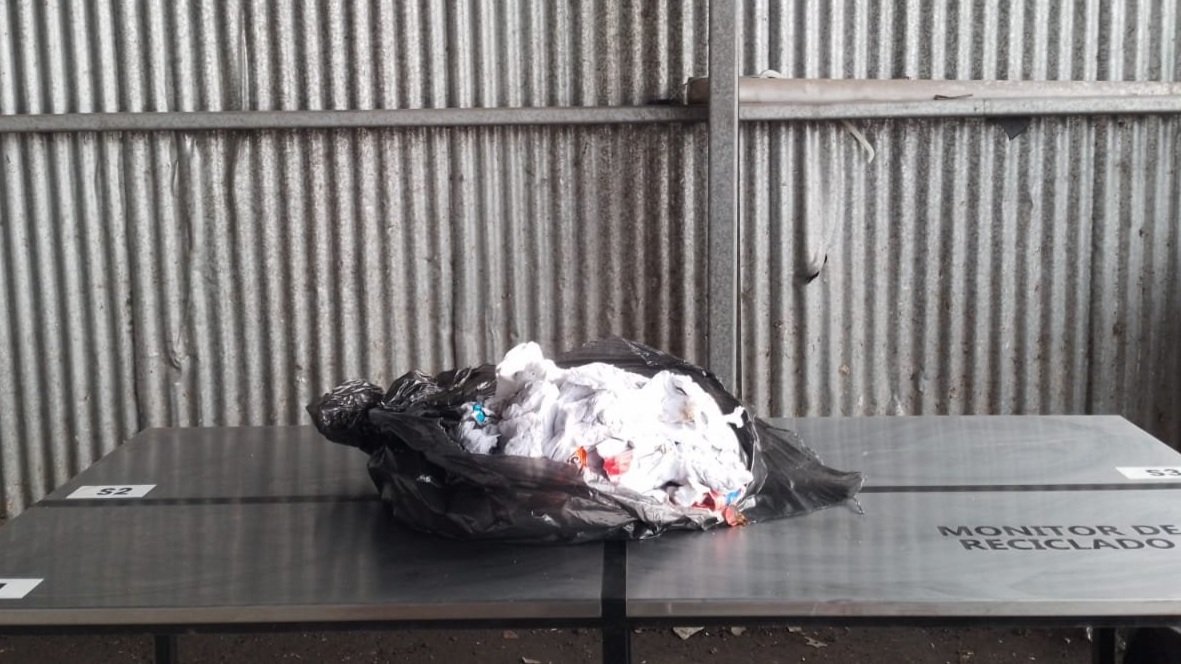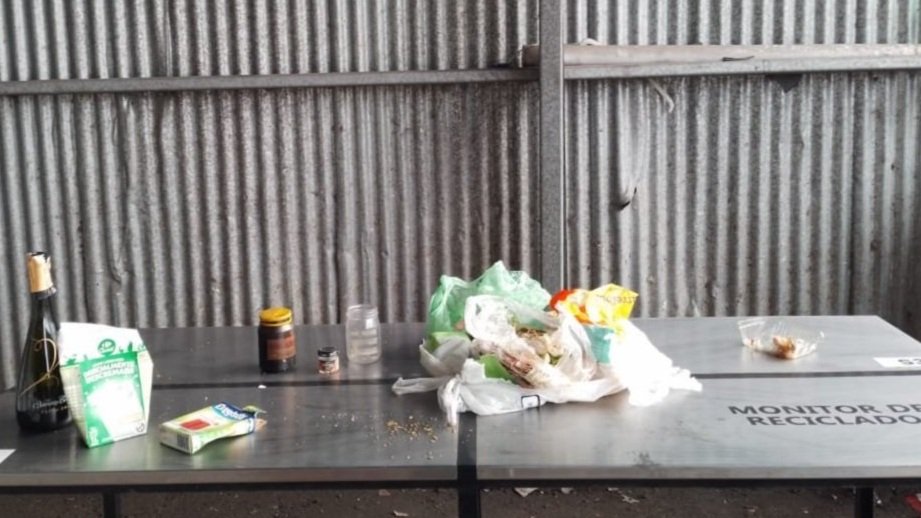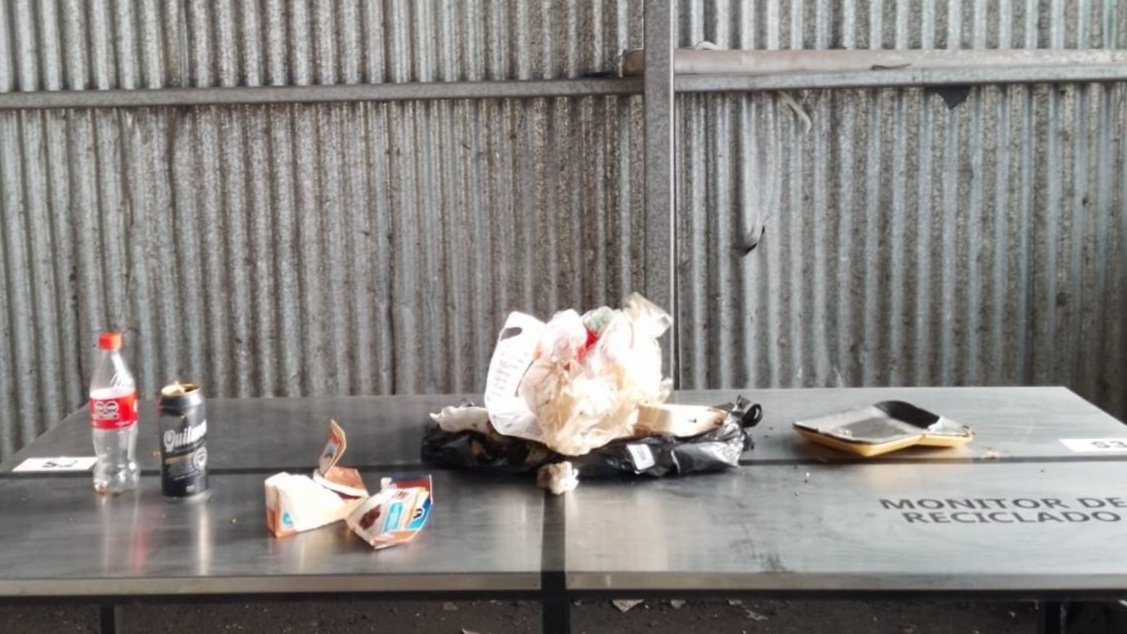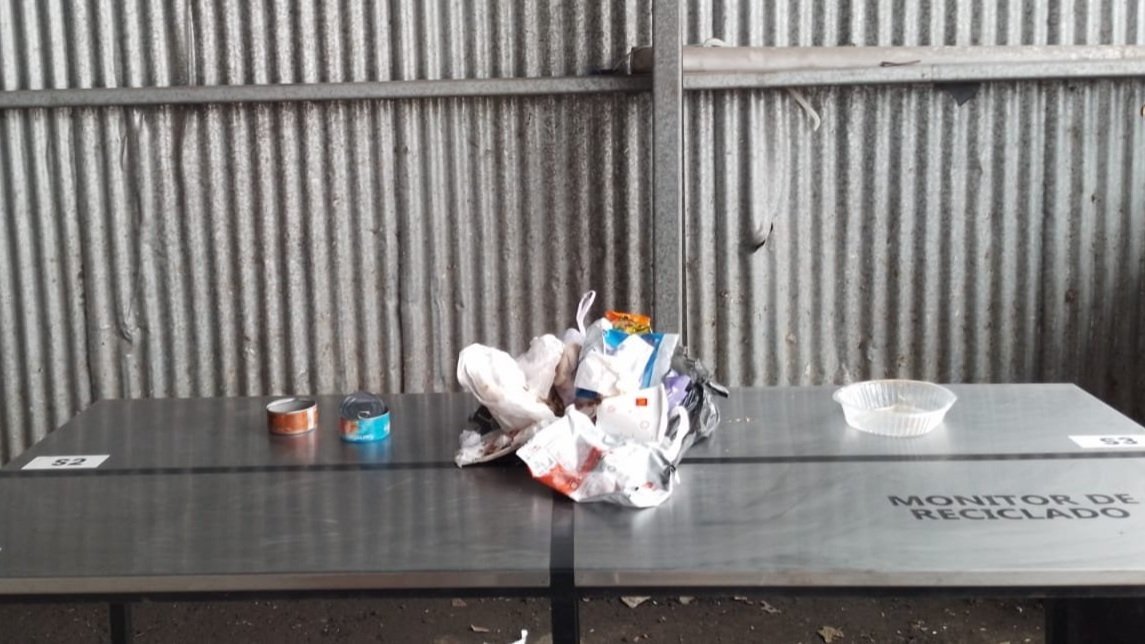Cultural transformation toward more sustainable habits is a key factor in promoting resilient and sustainable cities and communities, in line with the United Nations' Sustainable Development Goal 11.
With this objective in mind, we designed and implemented the Recycling Monitor, a statistical tool that allows us to measure three objective indicators: Source Separation Index, Recyclables Recovery Index & Incorrect Disposal Index.
The Source Separation Index is estimated by monitoring the presence and quantity of a predefined set of recyclable containers, sorted by ease of separation, in wet waste bags collected from black or gray bins across the city.
The statistical sample of bags is random, and the number of samples is determined based on the number of households in the city. Each bag is collected from the black or gray bin closest to a selected household and taken to a characterization site where the quantity and type of recyclable containers are recorded and photographed. Data and photos are audited and evaluated using a quantitative criterion developed in collaboration with the Subsecretariat of Hygiene to determine whether households separate waste correctly or not, based on the combination of containers found and their ease of separation.
These indices are estimated by monitoring the content and quantity of waste (in kilograms) in the green bins across Buenos Aires City.
This measurement is conducted once per year, analyzing 400 green bins citywide.
The results of each measurement will soon be published periodically on Buenos Aires Data, the city's open data platform.
This ensures transparency and enhances the use of data by the community as a whole.



















